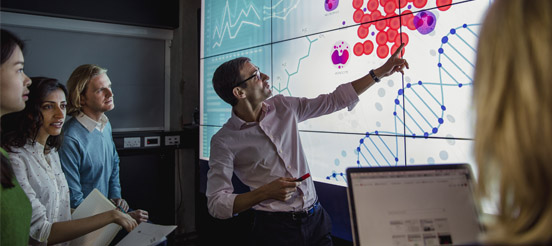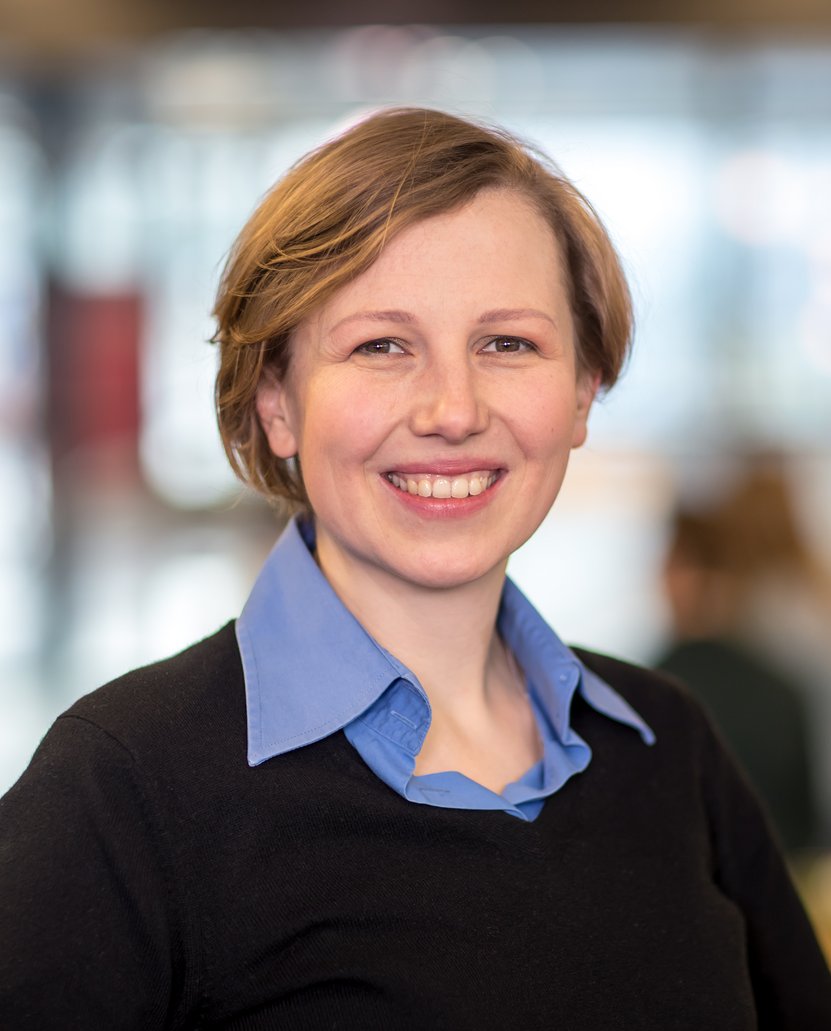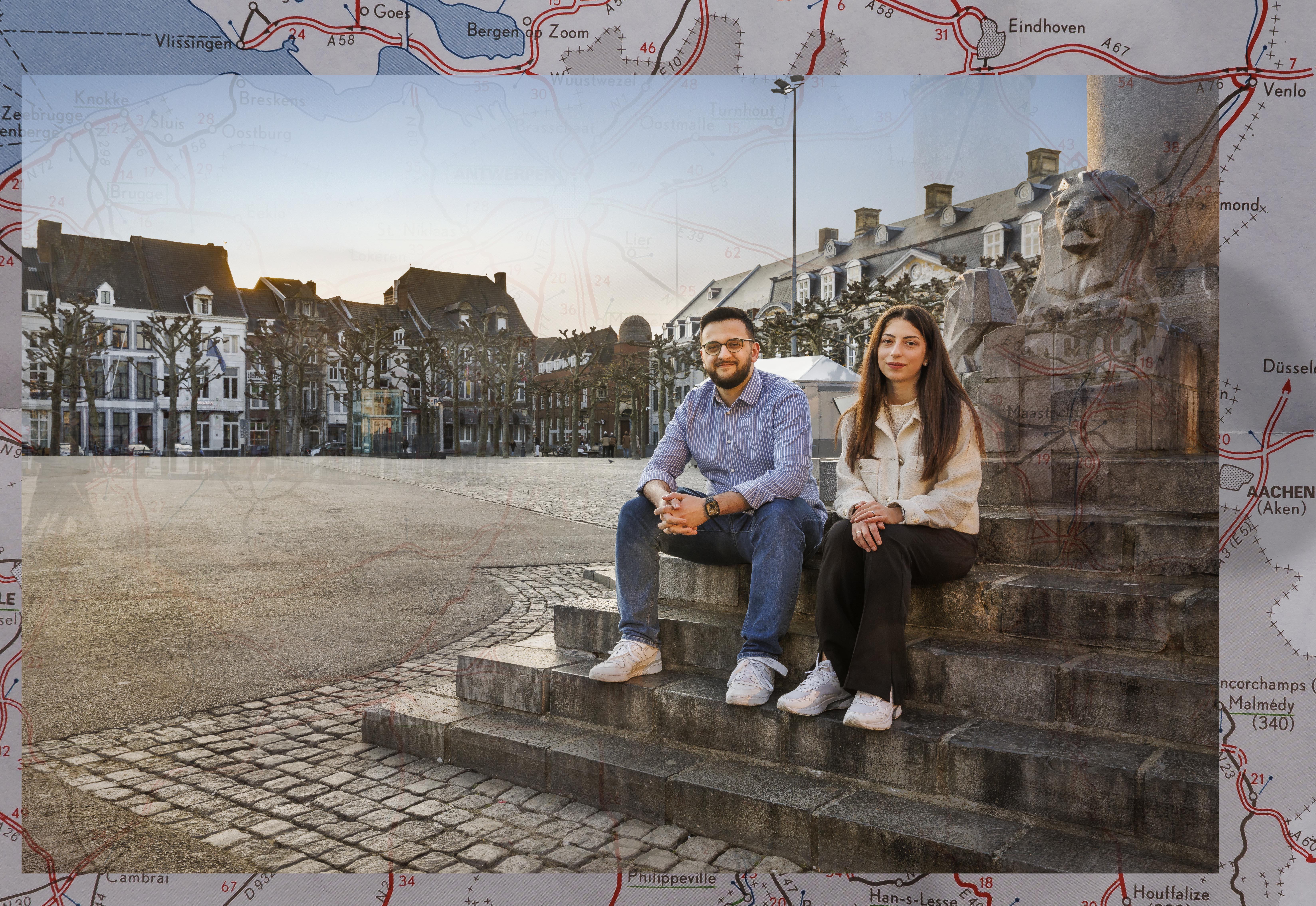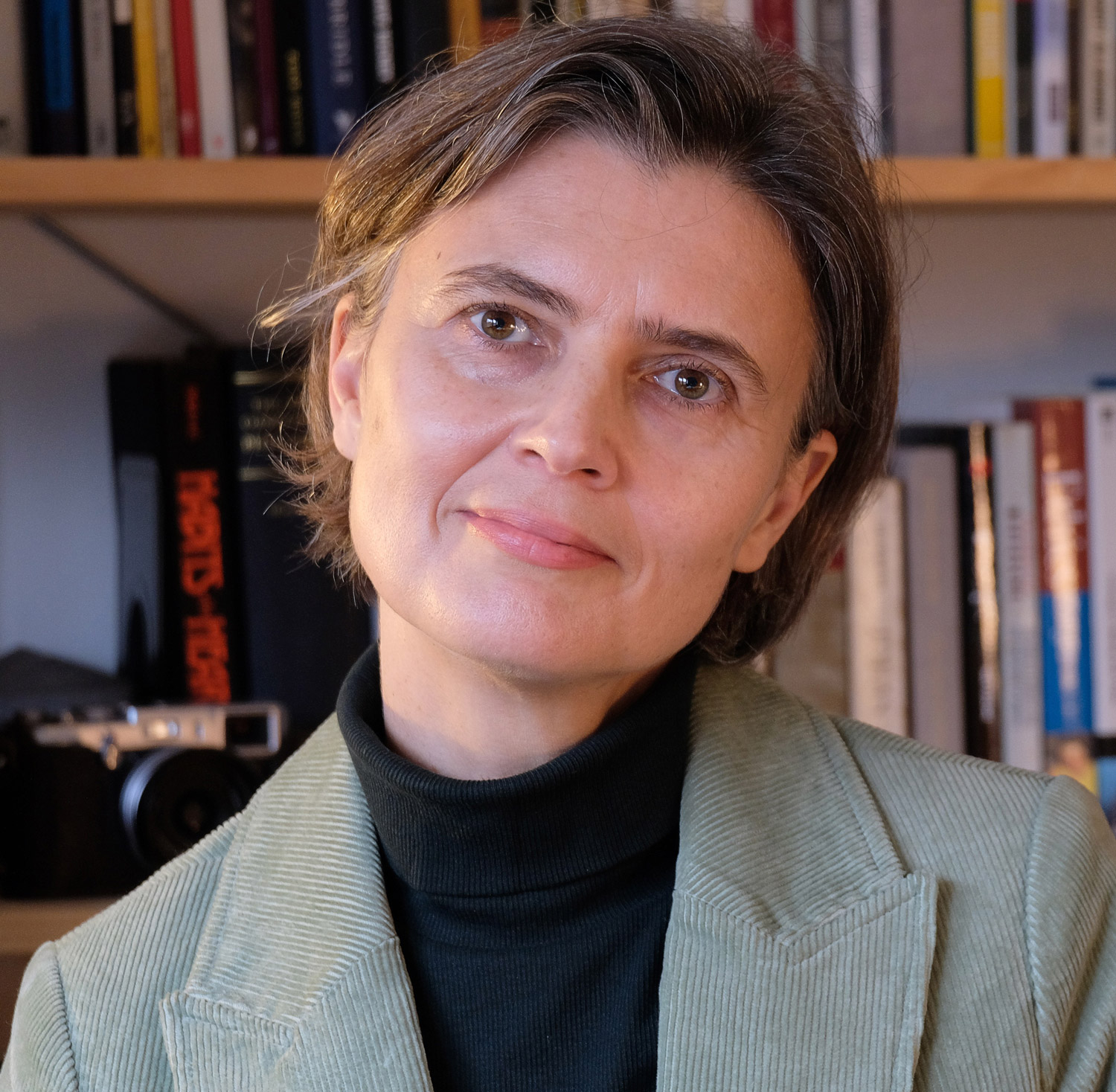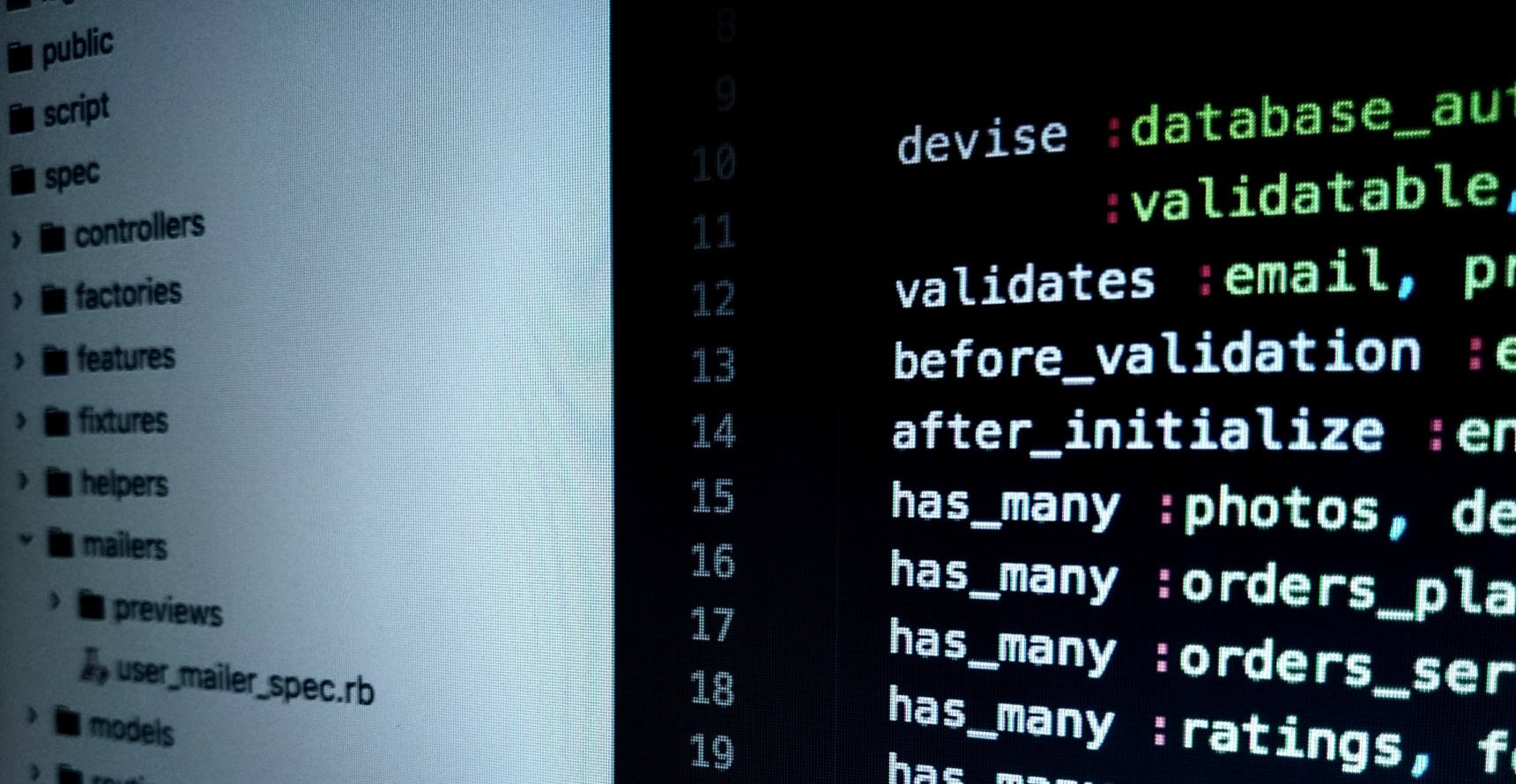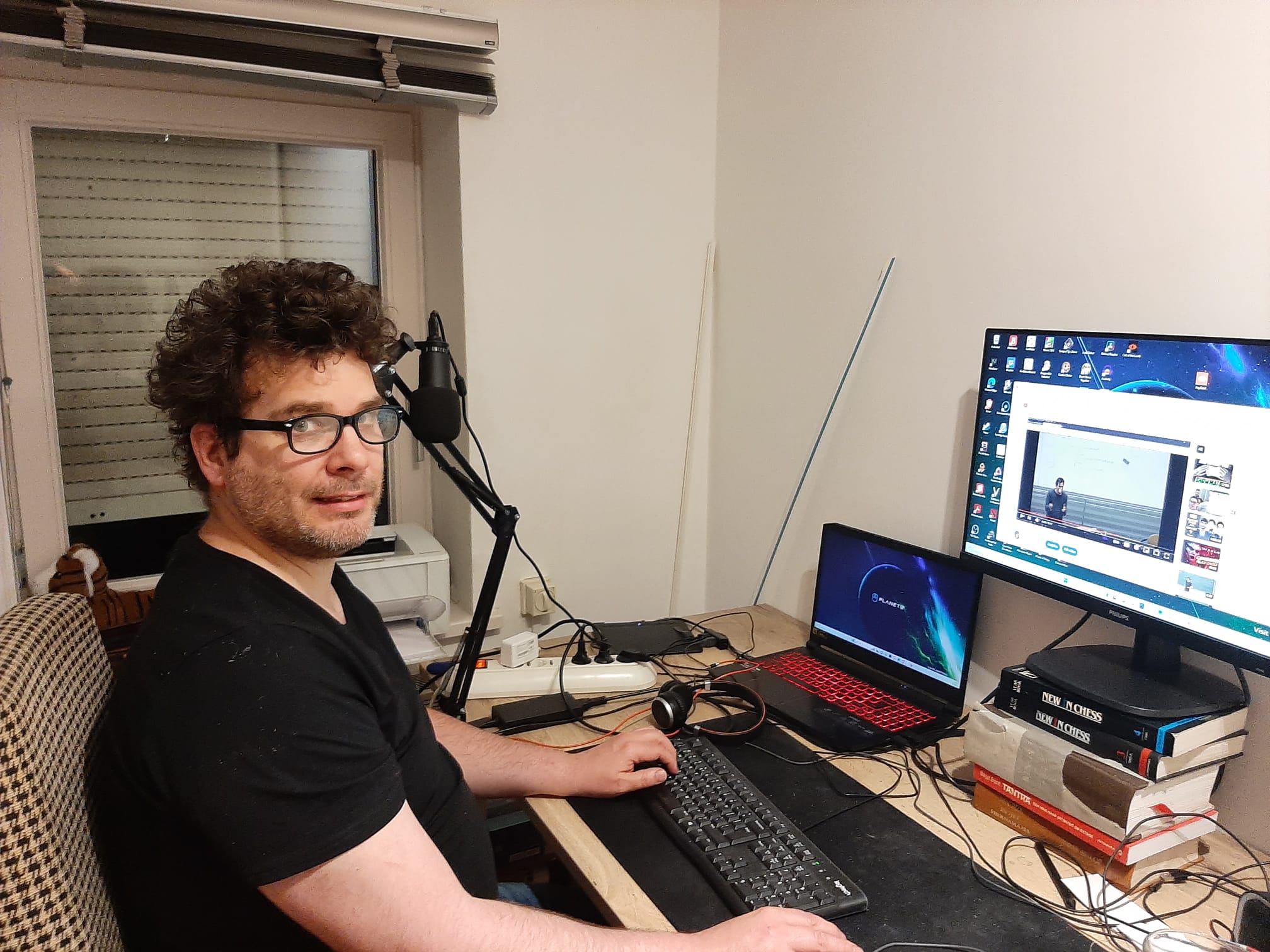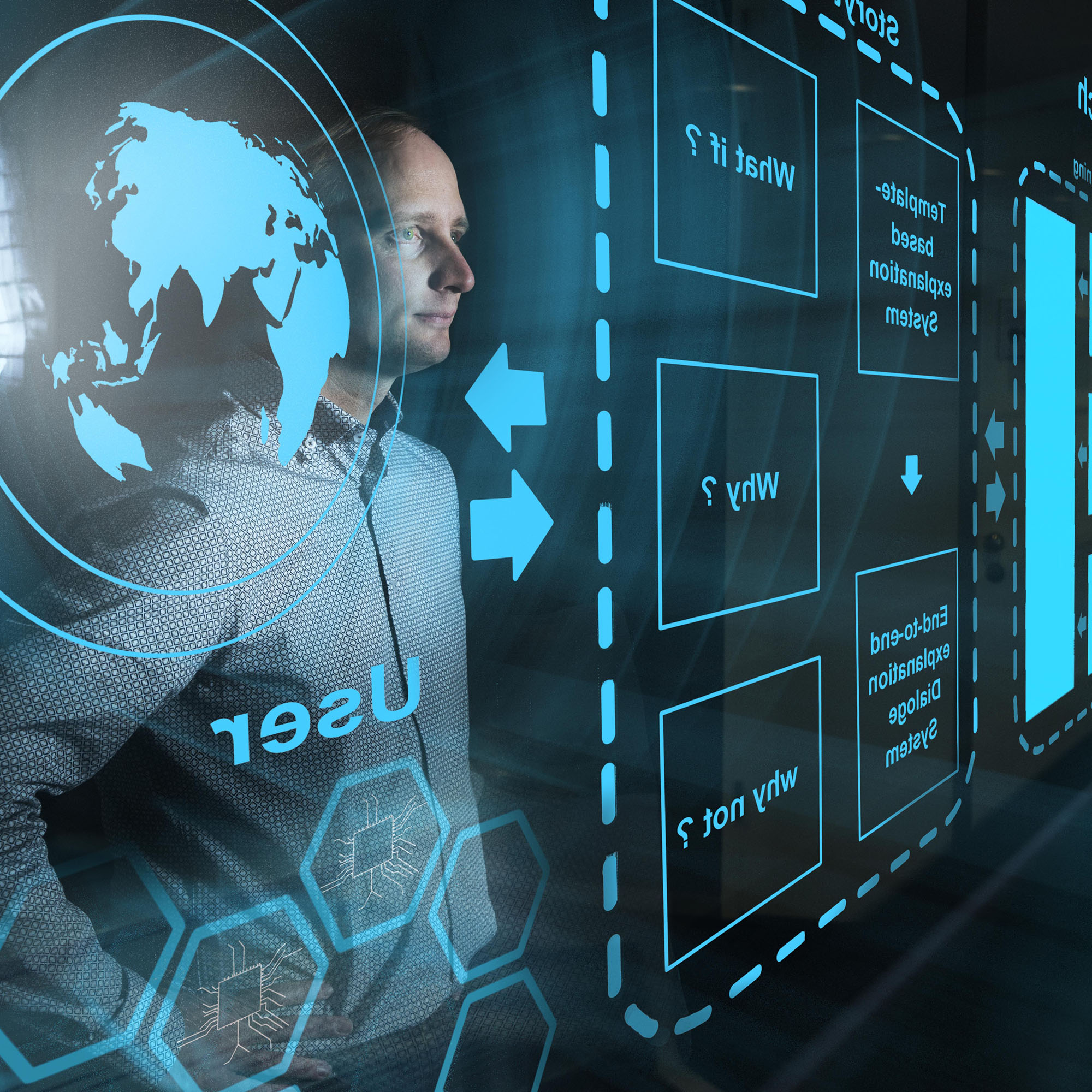Data Science @ UM
Vast amounts of data are being generated across all segments of society. If taken advantage of, these data offer an unprecedented opportunity to accelerate scientific discovery, to improve healthcare and wellbeing, and to strengthen our communities. Data Science is an interdisciplinary field concerning the scientific methods, systems and workflows used to obtain insights from data.
Value proposition
We are a pioneering, university-wide network of data-driven researchers at an institution with more than 25 years’ experience in Data Science education and research. Our community consists of multidisciplinary teams that address significant scientific problems and major societal issues through and related to data science including social, legal and ethical concerns in a wide range of academic disciplines.
- University-wide network
- 25 years experience
- Multi-disciplinary teams
How can we use data science to create knowledge that strengthens and empowers society? The data science community at Maastricht University helps provide the answers.
News
-
Atoms and smaller elementary particles behave in unusual, sometimes unpredictable ways. It sounds strange, but it is this unpredictability that gives a quantum computer its power. Executing precise calculations with previously unheard-of possibilities in a way that physicists still do not completely...
-
Dani Shanley and Joshi Hogenboom on synthetic data, the pains and gains of interdisciplinarity, and why AI likely won’t release us from having to study the world we live in.
-
On April 19, during her inaugural lecture, Anna Wilbik explained how we can squeeze out the whole potential of data to the last drop.
-
How an honours programme is staving off brain drain
In the KE@Work programme, students solve a complex, real-world problem while working at a local company. An honours track of the bachelor’s in Data Science and Artificial Intelligence, KE@Work provides ambitious students with valuable work...
-
Two recently announced European projects seek to empower farmers with innovative software components and easy access to practical knowledge.
-
How can artificial intelligence help experts with their work? This is the topic that the newly established Genius Lab seeks to solve by investigating better techniques for artificial intelligence systems to extract information from data. The lab is a collaboration between Delft University of...
-
Adriana Iamnitchi’s career appeared like a bed of roses. She served as a full professor in the Department of Computer Science and Engineering at the University of South Florida. Nonetheless, she sought out new challenges and moved to Maastricht, where she focused her research on social media.
-
On 09 November, Maastricht University hosted the Dutch Day on Optimisation. At this one-day workshop speakers from Amsterdam, Twente and Brussels presented some of the latest research in this exciting field.
-
On October 25, the international research consortium iCARE4CVD was established. The consortium aims to gain more insight into cardiovascular diseases and future ways to prevent and cure them.
-
Remzi Celebi, Assistant Professor at the Institute of Data Science (IDS) and technical co-coordinator for the AIDAVA project, discusses how Artificial Intelligence, data curation automation and knowledge graphs are used to give patients more control of their health data.
-
Making educational videos enabled math teacher Stefan Maubach to turn education theories from abstract concepts into practical tools.
-
At FSE’s bachelor’s programme Data Science and Artificial Intelligence, KE@Work offers real-world challenges for high-performing students, bright minds for companies, synergies between UM and industry as well as ways to keep international top talent in the region.
-
Artificial Intelligence (AI): is it an amazing technology that we need to implement absolutely everywhere, or a boogeyman that could spell the end of humanity?
-
Special Chair of Text-Mining Jan Scholtes on how ChatGPT actually works, why it’s an amazing achievement and where we should probably exercise a bit of caution.
-
The programme, which will boost fundamental research in artificial intelligence through public-private collaborations, has a total budget of over 87 million euros. ROBUST will include 17 new labs across the Netherlands and recruit 170 new PhD candidates.
-
Computers are already capable of making independent decisions in familiar situations. But can they also apply knowledge to new facts? Mark Winands, the new professor of Machine Reasoning at the Department of Advanced Computing Sciences, develops computer programs that behave as rational agents.
-
How do you teach children empathy? The new research consortium JOINclusion, launched on 1 May, aims to help increase social inclusion among children between 7 and 12 years old, especially in multicultural classrooms.
-
A European consortium of 14 partners, coordinated by Maastricht University, has received €7.7 million euros in funding to streamline the curation and publishing of personal health data with the help of artificial intelligence.
-
Old taboos around poverty and money stress may now disappear
-
Maastricht University is about to add a new bachelor’s programme to its portfolio: Computer Science. The programme kicks off in September 2023.



